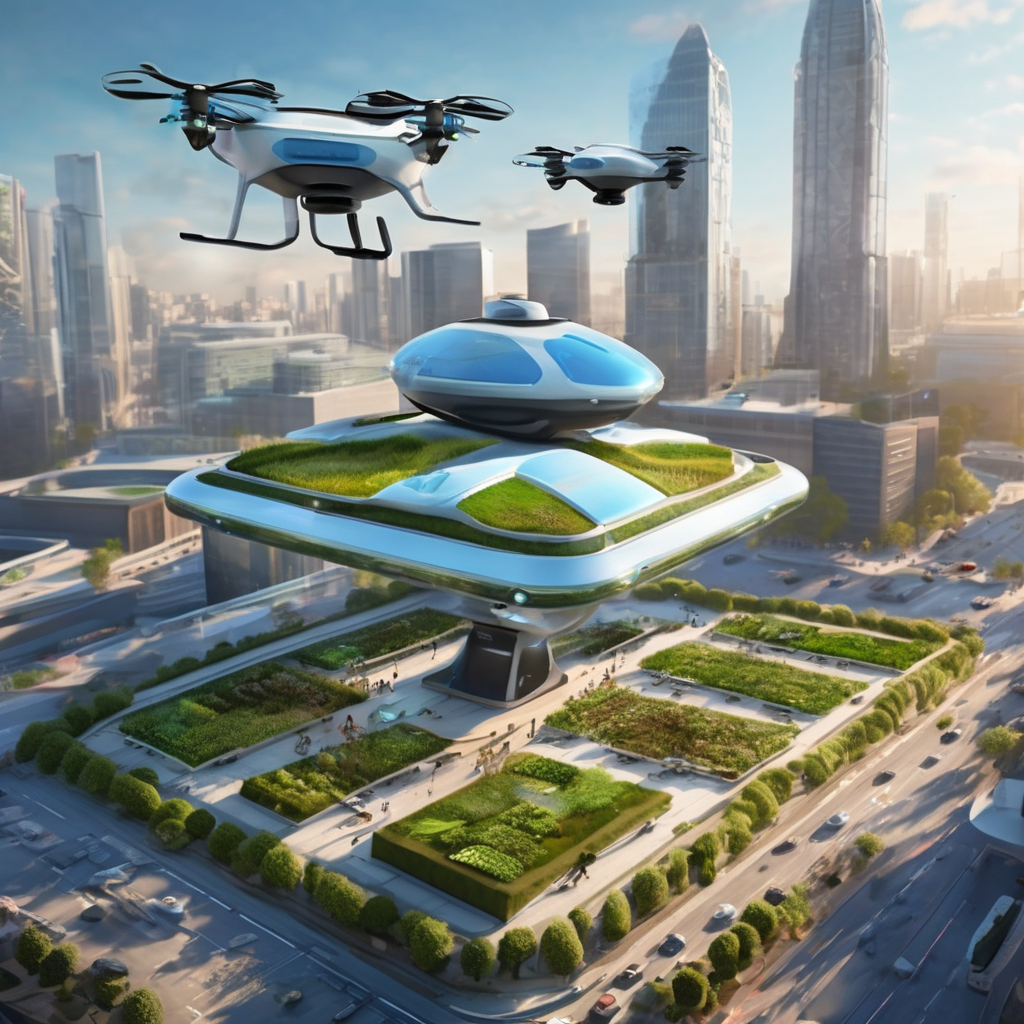
The landscape of search engine optimization (SEO) is undergoing a profound transformation driven mainly by advancements in artificial intelligence (AI). This shift is redefining how search engines function and compelling digital marketers to adapt their strategies to maintain visibility and relevance in the increasingly competitive digital environment. AI is impacting SEO across several critical dimensions, fundamentally changing traditional methods and introducing new facets to the art and science of search engine marketing. For businesses and marketers aiming to stay ahead, understanding these changes is crucial. A key impact of AI on SEO is the evolution of search algorithms. Leading search engines like Google now utilize AI technologies such as machine learning and natural language processing to enhance their algorithms. These sophisticated systems prioritize delivering search results that are not only relevant but also contextually precise for each query. As a result, outdated SEO tactics like keyword stuffing or basic link-building have diminished effectiveness. Marketers must instead align their efforts with AI-driven ranking factors, including user intent and content context. AI also plays an essential role in evaluating content quality. By examining aspects such as readability, query relevance, and user engagement metrics, AI-powered tools assess web content more accurately than manual reviews. Search engines increasingly favor high-quality content that resonates with users, leading to improved rankings. Consequently, digital marketers are encouraged to focus on producing valuable, informative, and engaging material tailored to their target audience’s needs. The rise of voice-activated devices introduces a new challenge: optimizing for voice search. AI advancements have enabled smart speakers and virtual assistants to interpret natural language queries more effectively.
This shift requires marketers to rethink keyword strategies by emphasizing conversational and long-tail phrases that mirror how people naturally speak. Adapting to voice search trends is vital to capture traffic from this growing user segment and maintain relevancy in search results. Personalization is another significant AI-driven development in SEO. Search engines now deliver personalized results tailored to users based on behavior, preferences, location, and search history. While this enhances user satisfaction, it challenges marketers to devise SEO strategies that cater to diverse audience segments. Employing personalization techniques allows businesses to engage more effectively with target demographics and boost conversion rates. To successfully navigate these transformative changes, digital marketers should adopt proactive strategies. Staying updated on AI developments and their effects on search algorithms is essential. Continuous learning enables marketers to capitalize on new opportunities and avoid outdated tactics. Prioritizing high-quality, relevant content remains critical, as content that genuinely addresses user needs continues to be rewarded by AI-driven rankings. Additionally, optimizing for emerging technologies like voice search requires understanding the nuances of spoken queries and integrating them into SEO plans. Embracing personalization can further enhance user experience, fostering stronger engagement and loyalty. In conclusion, AI integration marks a new era for SEO and digital marketing. A deep understanding of AI’s influence on SEO, coupled with adaptive strategies, allows businesses to strengthen their online presence and gain competitive advantages. The future of SEO lies in leveraging AI to develop smarter, user-centric marketing approaches that drive sustainable success in an ever-evolving digital landscape.
How AI Is Transforming SEO: Key Trends and Strategies for Digital Marketers


The social media landscape is rapidly evolving, offering brands, creators, and marketers new opportunities in 2025.

The emergence of artificial intelligence (AI) has ignited widespread debate about its impact on the U.S. workforce, prompting experts to weigh its benefits and challenges.

In recent years, the AI landscape has seen a notable trend: an increasing number of high-profile AI executives are leaving major tech corporations to launch their own startups.

The launch of Replify's AI Growth Engine arrives amid strong growth signals in the fitness industry despite ongoing operational challenges.

In the swiftly changing world of digital marketing, teams are increasingly adopting generative artificial intelligence (AI) to revolutionize their communication strategies.

An AI company has made a landmark advancement in last-mile delivery by beginning to deploy autonomous delivery drones in select urban areas, marking a major integration of artificial intelligence into everyday logistics and supply chain operations.

Dallas-based KISS PR has unveiled a detailed guide illustrating how artificial intelligence is reshaping SEO strategies in 2025, emphasizing the integration of strategic press release distribution to secure first-page Google rankings.
Launch your AI-powered team to automate Marketing, Sales & Growth

and get clients on autopilot — from social media and search engines. No ads needed
Begin getting your first leads today